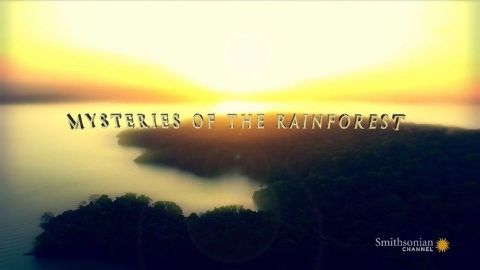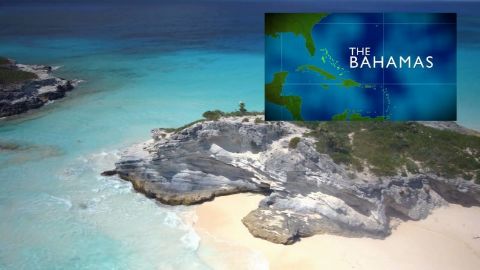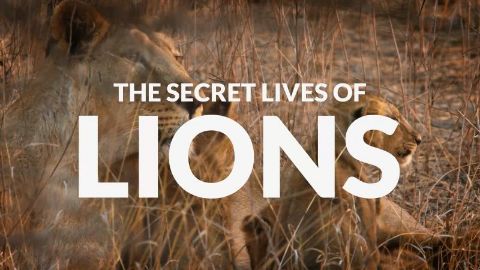Wilderness • 2021 • episode "S1E4" • Incredible Journeys with Simon Reeve
Simon discusses the challenge of preserving unspoilt wildernesses, from the icy expanses of Siberia to the tropical forests of central and South America. Simon reflects on how his past series have dealt with the causes and impact of climate change, as well as remembering a memorable report exposing the extent of plastic pollution in the ocean. He also recalls meeting indigenous people around the world and hearing their first-hand experiences of ecological damage.
Make a donation
Buy a brother a hot coffee? Or a cold beer?
Hope you're finding these documentaries fascinating and eye-opening. It's just me, working hard behind the scenes to bring you this enriching content.
Running and maintaining a website like this takes time and resources. That's why I'm reaching out to you. If you appreciate what I do and would like to support my efforts, would you consider "buying me a coffee"?
Donation addresses
BTC: bc1q8ldskxh4x9qnddhcrgcun8rtvddeldm2a07r2v
ETH: 0x5CCAAA1afc5c5D814129d99277dDb5A979672116
With your donation through , you can show your appreciation and help me keep this project going. Every contribution, no matter how small, makes a significant impact. It goes directly towards covering server costs.









